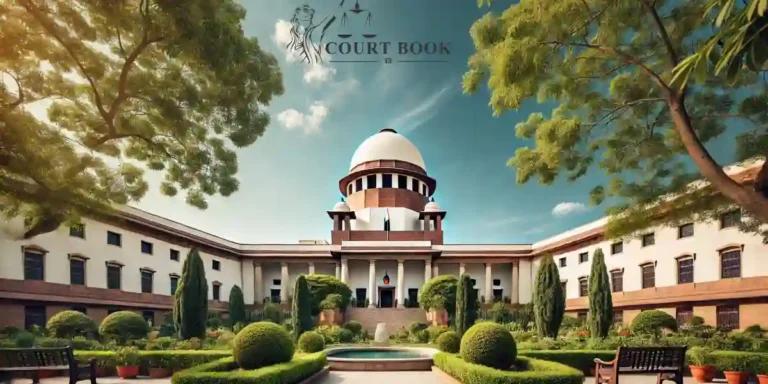In a significant ruling, the Supreme Court has revived the arbitration plea of Offshore Infrastructures Limited against Bharat Petroleum Corporation Limited (BPCL), setting aside earlier Madhya Pradesh High Court orders that dismissed the case as time-barred. The bench of Justices Dipankar Datta and Augustine George Masih ruled that the company’s application for appointment of an arbitrator was well within limitation once the COVID-19 exclusion period was factored in.
Background
The dispute dates back to a 2016 contract under which Offshore Infrastructures was tasked with executing a composite project for BPCL’s Bina Refinery expansion. The work, supposed to be completed in five months, got delayed till January 2018. After the final bill was raised in March 2018, the contractor issued a “No Claim Certificate” in October that year, followed by part payments from BPCL in June 2019.
Things took a turn when Offshore Infrastructures demanded settlement of its outstanding dues in April 2021 and sought arbitration under the General Conditions of Contract. BPCL, however, rejected the request, arguing that the arbitration clause-naming its Managing Director as the arbitrator-had become invalid after the 2015 amendment to the Arbitration and Conciliation Act.
The Madhya Pradesh High Court had sided with BPCL, holding that the application filed in March 2022 was beyond the three-year limitation period that began from the “No Claim Certificate” date in 2018.
Court’s Observations
The Supreme Court took a different view. It clarified that merely because the named arbitrator (the Managing Director) had become ineligible under Section 12(5) of the Arbitration Act, the arbitration clause itself did not become defunct. “Merely because the procedure to appoint an arbitrator has become inoperative due to statutory amendments would not mean that the core agreement to arbitrate ceases to exist,” the bench observed.
Relying on precedents such as Perkins Eastman Architects v. HSCC (India) Ltd. and Voestalpine Schienen GmbH v. DMRC, the Court reiterated that neutrality of arbitrators is the key legislative intent, not the extinguishment of arbitration rights.
On limitation, the bench noted that while normally the application might have been time-barred, the Supreme Court’s earlier pandemic-related order-excluding the period between March 15, 2020, and February 28, 2022-extended the permissible filing time. “It would be unjust and detrimental to ignore the hardship caused during the COVID period,” Justice Masih said while reading the judgment.
Decision
Setting aside the High Court’s decisions dated December 19, 2023, and April 10, 2024, the Supreme Court directed that the dispute be referred to the Delhi International Arbitration Centre (DIAC) for appointment of an independent arbitrator. The arbitrator, once appointed, will proceed according to law and DIAC rules.
With this, the Court reaffirmed that procedural technicalities cannot defeat substantive justice-especially in extraordinary situations like the pandemic. The appeal was allowed, with no order as to costs.
Case: Offshore Infrastructures Ltd. v. Bharat Petroleum Corporation Ltd.
Case Type: Civil Appeal arising out of SLP (C) Nos. 22105–22106 of 2024
Impugned Orders: Madhya Pradesh High Court, Jabalpur – dated December 19, 2023 (Arbitration Case No. 23 of 2022) and April 10, 2024 (Review Petition No. 76 of 2024)
Date of Judgment: October 7, 2025















